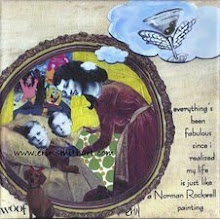Sorry to be a Debbie Downer, but trust me on this one. I know from personal experience that this is true as our beloved cat Tommy nibbled (JUST A FEW NIBBLES) of an Easter lily leaf, a plant that I brought into our home without knowing it would kill him. We had him in the hospital and tried all the known remedies, but he had renal failure and left us the day before Easter a few years ago. Please read below and pass along to all of your cat loving friends.
Easter lilies and other lilies can be toxic to cats, causing kidney failure and death. All parts of the lily can be toxic, and eating just one leaf can result in severe poisoning. After eating a portion of an Easter lily, a cat will generally vomit and become depressed within 2 hours. The vomiting may subside, but the cat will not eat and continue to become more depressed.
Contact your veterinarian immediately if you know or suspect your cat has eaten any part of an Easter lily. Treatment includes causing the cat to vomit by giving an emetic, administering activated charcoal and a cathartic (stimulates bowel movements), and giving subcutaenous or intravenous fluids. A cat must be treated within 18 hours of ingesting the plant, or the damage to the kidneys will be irreversible.
Other lilies which belong to this same plant species and are also toxic include tiger lilies, rubrum or Japanese showy lilies, and various day lilies. Many other bulb plants are also poisonous such as daffodils and hyacinths.
Subscribe to:
Post Comments (Atom)











2 comments:
One of our cats ate some of an Easter Lily a couple years ago, and we had to put them both in the animal hospital, since we weren't 100% positive which one it was. It was awful (but they survived). I had no idea they were so toxic to cats until then!
Oh my gosh, that is horrible! I'm so sorry!
Post a Comment